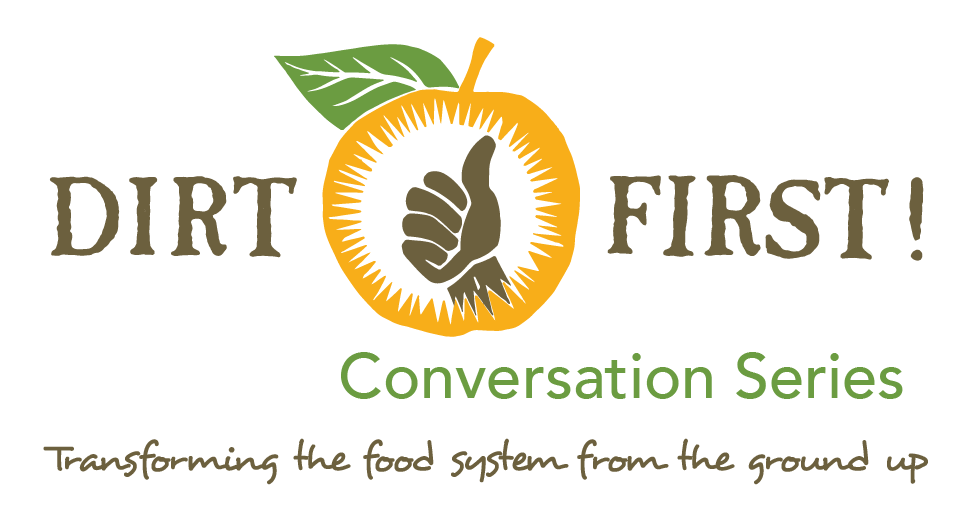

Flowering trees provide acres of elevated forage and habitat for honeybees, beneficial insects, and birds. But did you know that most flowering trees from nurseries and brokers are pre-treated with Synthetic Systemic pesticides and fungicides before retail? You may be surprised to learn that 100% of citrus trees sold in California are required to be pre-poisoned with neonicotinoids before sale, rendering the flowers harmful to pollinators. Neonics and other Systemics are effective marketing tools but have contributed greatly to the decline of insect and bird life due to lax regulatory agencies and little to no oversight in the field. The good news is organic tree saplings, raised in healthy, living soils by regenerative means, have no need for Systemic Poisons. Learn from Susan Kegley, PhD Chemist and owner of Bees N Blooms Organic Farm, and how she raises several species of flowering tree saplings to house and feed insects and the hungry birds that eat them. Hear from Steve Black of Raemelton Farm about his organic flowering tree sapling operation. And listen to Aimée Code of Xerces Society discuss Synthetic Systemic agricultural chemicals that are harming pollinators. Each presenter will demonstrate how Systemic-free soils and organic practices are the best way to support thriving birds and native pollinators.
Tuesday, September 21
12 - 1:30pm PT
Presenters:
Susan Kegley, Pesticide Research Institute and Bees N Blooms Farm

Susan is a PhD chemist and founder of Pesticide Research Institute, an environmental consulting firm focused on understanding the scope of pesticide impacts on the environment and human health. PRI works to provide data tools and toxicological information to help governments and consumers understand the potential impacts of pesticides and make informed decisions about pesticide use. With her husband Geoff, Susan is also co-owner of Bees N Blooms, an 11-acre organic farm in Santa Rosa, CA. Started in 2016, the farm has a half-acre lavender labyrinth (the largest labyrinth in California), another acre of lavender for oil production, half an acre of pollinator-friendly organic trees, and about an acre and a half of cultivated vegetables, annuals and perennials. The farm is managed using no-till regenerative organic agricultural practices and is also home to 5-10 colonies of honey bees, thousands of native bees, 3 cats, 23 chickens, 14 ducks, and 19 geese.
Steve Black, Raemelton Farms

Steve started Raemelton Farm in 2004 with the hope that the farm could grow stunning trees using the most efficient and sustainable farming practices. Raemelton Farm is not content to just minimize their impact on the environment--be it soil, water or insects. They strive to take the next step of improving these important resources. Healthier soil, cleaner water, more beneficial insects (and animals) all make for continuous improvement in tree production and plant health. And continuous improvement is about as sustainable as you can get!
Aimée Code, Xerces Society

Aimée Code joined the Xerces Society in 2013 to direct its new pesticide program. In that role, she has built a program focused on securing practices and policies that promote ecologically sound pest management. She and her staff evaluate the risks of pesticides, develop technical guidance, and advocate for actions that reduce reliance on and risks of pesticide use in both urban and agricultural settings. Aimee will talk about the serious risks synthetic pesticides pose to pollinators and how we can reverse this harm. Aimée received her master's of science in environmental health with a minor in toxicology from Oregon State University.
Moderator:
Terry Oxford, Urban Bee San Francisco

Terry Oxford of UrbanBeeSF.com is a pollinator activist working to expose pesticide industry apologists and the many greenwashing enablers who operate within the honeybee and landscape industries. A reformed beekeeper, Terry works to shift the imbalances in the pollinator conversation to focus on the ubiquitous Systemic toxins in pre-treated ornamental tree saplings and landscape material. She is devoted to planting poison-free flowering trees, AKA Sky Meadows, to support ALL beneficial insects and birds. Terry runs a podcast interviewing commercial beekeepers, scientists, organic farmers, toxicologists, landscape professionals, retail tree sapling growers, activists and rabblerousers, all brave enough to speak out against the vast injustices and bully tactics of our pesticide-informed agricultural system.

